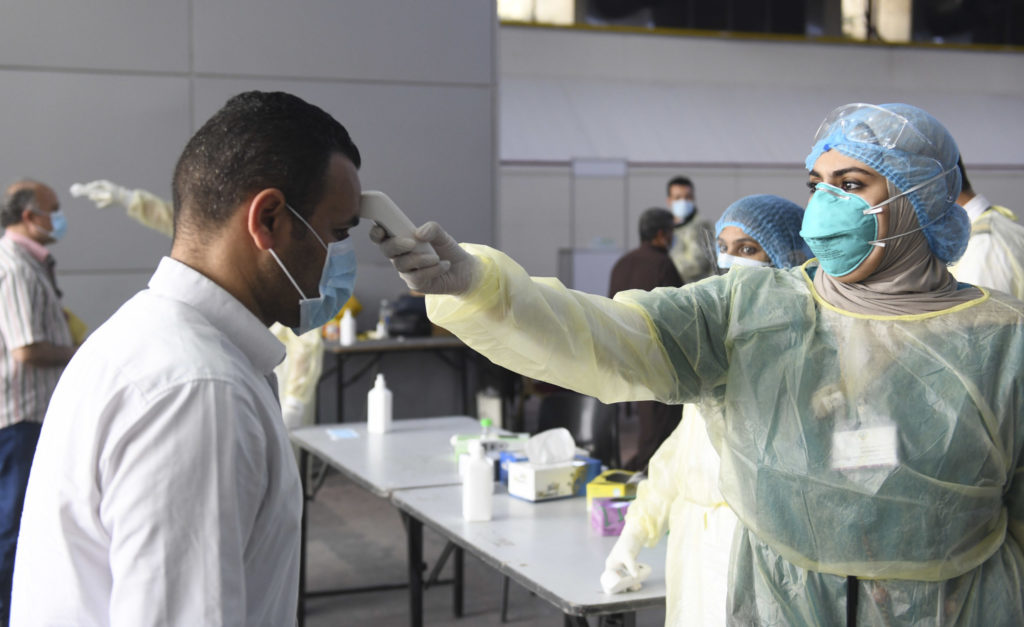
As new cases of COVID-19 continue to surge, countries around the world struggle to mitigate the public health and economic effects of the virus. It is becoming increasingly clear that an effective pandemic response requires a whole-of-government, whole-of-society approach. In the Arab world, where health systems are already strained by armed conflicts and displaced populations, a whole-of-society response to the pandemic is particularly critical as countries have become increasingly dependent on non-state actors, notably the private sector, for healthcare provision and any response that includes the state alone may not be sufficient to address the pandemic.
In the article, Dr Fadi El-Jardali argued that while the pandemic will have grave health and economic consequences for years to come, it brings with it a valuable opportunity to re-envision the role of state and non-state actors in strengthening health systems. The article addressed the need for increased collaboration between state and non-state actors, and the rethinking of existing cooperation models to provide quality healthcare services for all.
In this webinar, part of the Chatham House-Arab Reform Initiative project on the future of the state in the Middle East and North Africa, Dr El-Jardali will discuss how state and non-state actors can collaborate more effectively to address the shortcomings of national health care systems amidst the pandemic and beyond. He will share insights on the different capacities available in Arab societies that governments can draw upon to ensure that Universal Health Coverage, equity considerations and social justice are at the core of health systems.
To watch the webinar: click here


Comments are closed, but trackbacks and pingbacks are open.